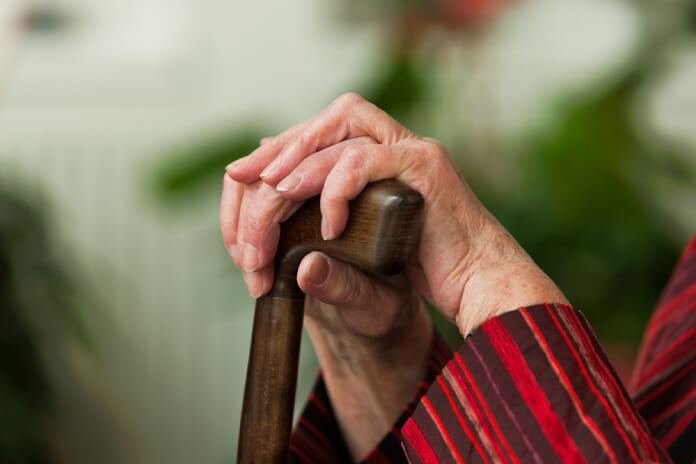


The Longitudinal Aging Study in India (LASI) is a groundbreaking nationally-representative, longitudinal survey to examine aging and retirement among India’s 45+ population. It is a joint undertaking of the Harvard T.H. Chan School of Public Health, the International Institute for Population Sciences (IIPS) in Mumbai, India, and the University of Southern California.
The study was commission by the Union ministry of health and family welfare in 2016, to track ageing patterns and diseases affecting India’s 103 million people over 60 years of age. With people living longer, the global share of older people aged 60 years and above increased from 9.2% in 1990 to 11.7% in 2013 and is expected to reach 21.1% by 2050.
With 65% of India’s population under 35 years of age when the study was commissioned, there are expected to be 350 million people above 60 years by 2050, which is why the government focused on documenting the problems faced by the elderly in our country and how their problems could be addressed.
The first wave of LASI covered a panel sample of 72,250 individuals age 45 years and above, including 31, 464 people above 60 and 6,749 oldest-old persons aged 75 and above.
The survey reported that about 40% have some form of disability, and as high as 20% are suffering from mental health issues. Also, 27% of this population group has multi-morbidities, which translates to roughly 35 million people.
“About 45 million have cardiovascular disease and hypertension and about 20 million suffer from diabetes, and 24% of the elderly has difficulty in performing daily functions such as walking, eating, toilet etc; according to this survey,” said KS James, director, The International Institute of Population Sciences (IIPS), Mumbai, which is the nodal institution for implementing the survey.
The study revealed that about a third (32 per cent) of elderly age 60 and above have hypertension, 5.2 per cent were diagnosed with chronic heart disease and 2.7 per cent with stroke. The self-reported prevalence of diabetes mellitus among older adults age 45-59 is 9 per cent and among the elderly age 60 and above is 1 per cent, as per the study.
“Overall, in India, the self-reported prevalence of diagnosed cardiovascular diseases (CVDs) is 28 per cent among older adults age 45 and above. The prevalence of CVDs increases with age from 22per cent among those in age 45-59 to 34 per cent among those in age 60-74, and further to 37 per cent among those age 75 and above,” the study said.
The study also showed that overall, in India, the prevalence of asthma, bronchitis, and COPD is higher among elderly age 60 and above (5.9 per cent, 1.6 per cent, and 2.8 per cent, respectively) than in older adults age 45-59 (3.1 per cent 0.7 per cent, and 1.6 per cent, respectively).
The ministry noted that the coverage of comprehensive biomarkers is a unique feature of the survey. “No other survey in India collects detailed data on health and biomarkers together with information on family and social network, income, assets, and consumption”, it said.
Dr Harsh Vardhan, Health minister, added that the evidence from LASI will be used to further strengthen and broaden the scope of National Programme for Health Care of the Elderly and also help in establishing a range of preventive and health care programmes for older population and most vulnerable among them.
Due to its harmonized design with parallel international studies, LASI will contribute to scientific insights and policy development in other countries as well. LASI will ultimately be part of a worldwide effort aimed at understanding how different institutions, cultures, and policies can understand and prepare for population aging.